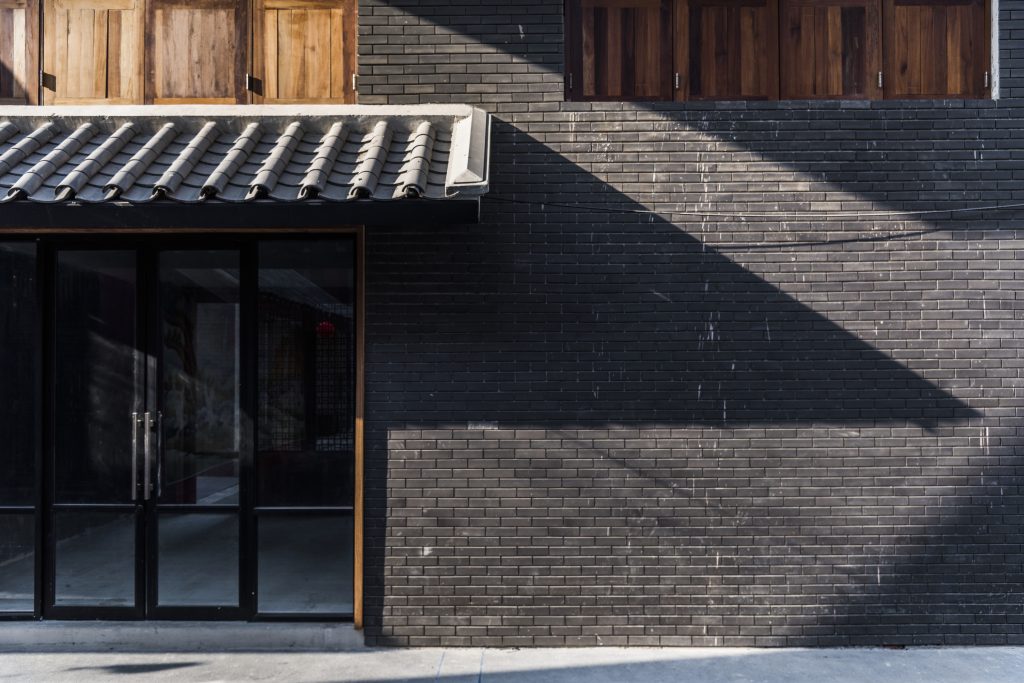COMMERCIAL PROPERTY INSURANCE
PROTECTION FOR YOUR PROPERTY, PEACE OF MIND FOR YOU.
Since 2013, Preferred Insurance has been helping customers get the coverage they need for their businesses. We invite you to learn more about us, and make Preferred your agency of choice.


What’s Covered Under Commercial General Liability Policy?
Commercial Property insurance is a necessity to properly protect your business whether you have a small firm or large company, own or lease the building. From property damage as a result of a fire or severe weather, a business interruption that forces you to close down while repairs are being done, and other losses, the right Property insurance will respond to help keep your doors open. The bottom line: Commercial Property insurance is an essential component of any comprehensive insurance program to help protect your business and its future. Preferred Insurance is ready to put the right policy in place.
Facts About Commercial Property?
- There are three types of Commercial Property policies available in Texas. The policies protect against different causes of damage, commonly called “perils.” These include fire, lightning, windstorms, or damage caused by vehicles and civil commotion.
- Basic form policies cover only named perils. This means that if coverage is not named in your policy, there is no coverage.
- Broad form policies cover common perils in addition to water damage, structural collapse, sprinkler leakage, and damage caused by ice, sleet, or weight of snow.
- Special form policies cover all types of perils except those the policy specifically excludes. Common exclusions include damage from flood, earth movement, war, terrorism, nuclear disaster, wear and tear, intentional acts, neglect, and power failure.
Business Interruption and Extra Expense insurance will protect your company from financial losses and expenses associated with a temporary shutdown caused by a covered property loss such as fire. The policy covers:
- Income you would have made if your business hadn’t been damaged
- Bills you have to pay even though you are closed
- Expenses related to the use of a temporary location
- Costs incurred to keep your business open after a disaster, such as renting equipment to substitute what was lost
- Income deficiencies associated with recovery after you reopen
Looking for help? Our agents can help you find what you’re looking for.
